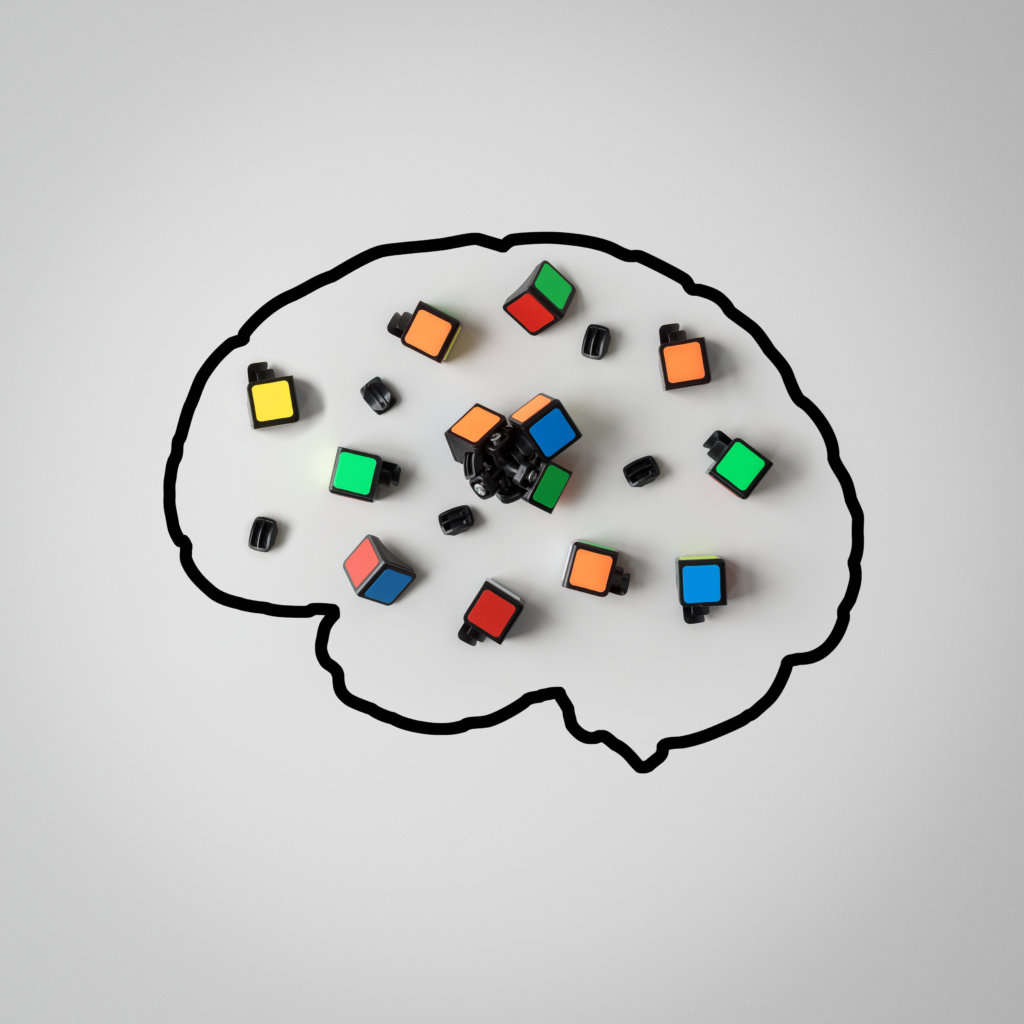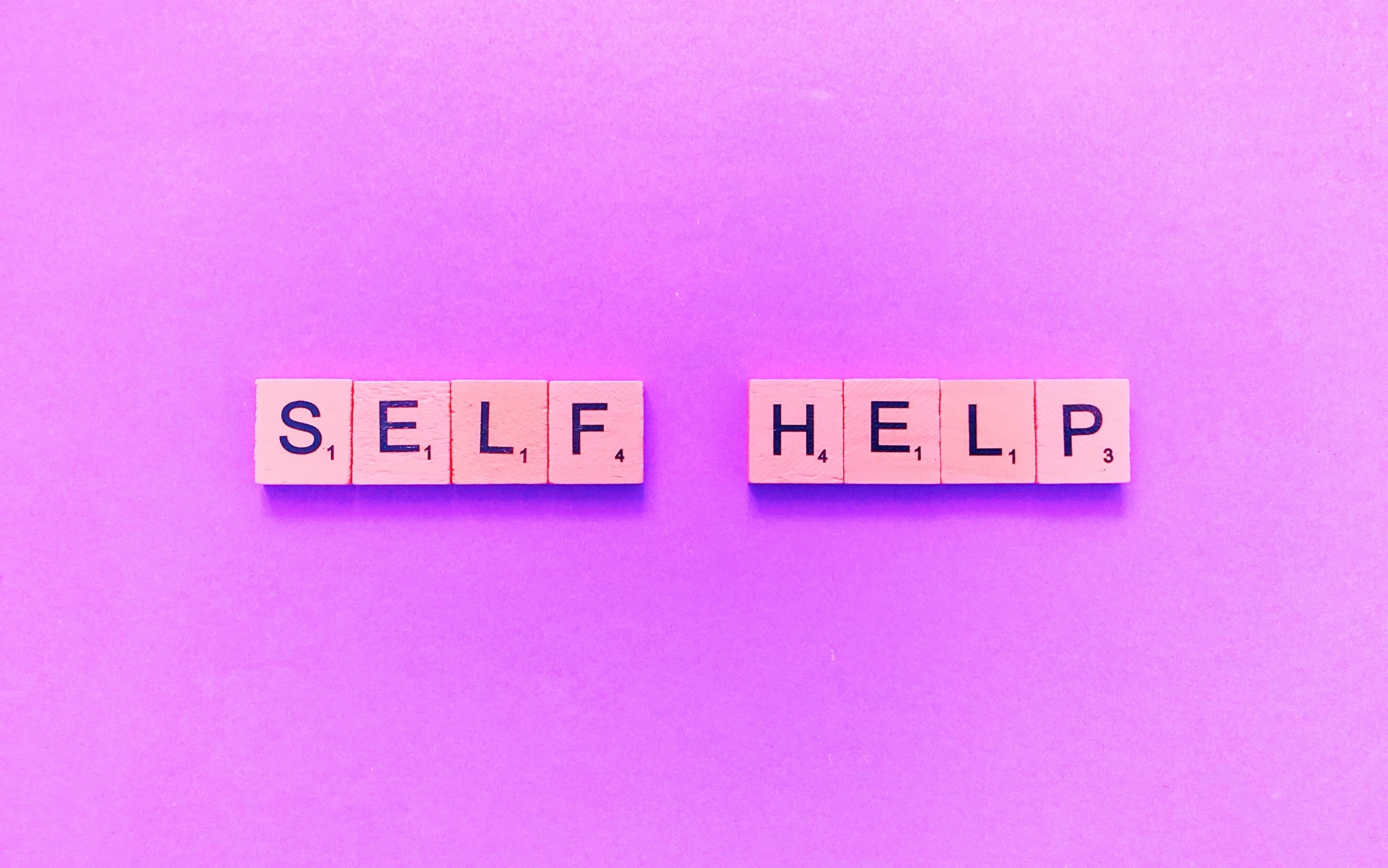
How to deal with co-occurring disorders. How to deal with addiction when you have depression, anxiety, or other mental health problems. The relationship between substance abuse, mental health, and addiction.
The relationship between substance abuse, mental health, and addiction
A co-occurring diagnosis is when you have a substance abuse problem and mental health issues like depression, bipolar disorder, and anxiety.
Co-occurring disorders have their own symptoms and can cause problems. These symptoms can affect your ability to work, school, socialize, manage life’s challenges, and relate to others. The co-occurring disorders can also impact each other, making the situation even more complicated. Substance abuse problems can often worsen if a mental illness is not treated. Mental health problems often worsen when there is more alcohol and drug abuse.
More people are aware of co-occurring mental health problems and substance abuse problems.
Although substance abuse and mental health problems don’t get any better if they’re not addressed, they can worsen. However, there are ways you can overcome your demons and restore your relationships to get on the path to recovery. In addition, you can overcome co-occurring disorders, regain your self-esteem, and get your life on track with the right support and self-help.
Which comes first: Substance abuse or mental health problems?
Although substance abuse and mental disorders like depression and anxiety are often linked, one is not necessarily the cause of the other. For example, long-term psychotic reactions can be caused by long-term use of drugs like marijuana and methamphetamine, while drinking alcohol can worsen anxiety symptoms. Also:
Self-medicating with alcohol or drugs can be a common way to manage mental health issues. Self-medicating using drugs or alcohol can have side effects that often worsen the initial symptoms.
The risk of developing mental disorders can be increased by alcohol and drug abuse. Mental health issues are complicated and influenced by genetics, environment, and many other factors. Therefore, it’s hard to know if substance abuse directly causes them. However, if you have a mental disorder, you may be more likely to use alcohol or other drugs.
The effects of alcohol and drug abuse can worsen symptoms of a mental illness.

Recognizing a dual diagnosis
It is not always easy to recognize a dual diagnosis. It can take time to determine if you have a mental disorder or a problem with drugs or alcohol. Many signs and symptoms can be associated with a mental illness, such as alcohol abuse, drug addiction, and prescription medication abuse. The signs and symptoms of marijuana abuse and depression could differ from those of schizophrenia or alcohol abuse. Some warning signs may indicate that you might have a co-occurring disorder.
- Do you use drugs or alcohol to deal with negative memories, feelings, pain, anxiety, fear, or focus on your tasks?
- Do you notice a correlation between substance abuse and mental health? Do you feel depressed if you drink? Drink when you feel anxious or are plagued with unpleasant memories.
- Have you or a family member had a mental disorder, alcoholism, or drug abuse?
- Are you depressed, anxious, or out of balance, even when sober?
- Are you currently being treated for your mental or addiction issues? Was the substance abuse treatment unsuccessful because of your mental health problem or vice versa
Dual diagnosis treatment
A holistic approach to co-occurring disorders, in which both the substance abuse and mental disorders are treated simultaneously, is the best. Your long-term recovery will depend on receiving treatment from the same team or provider for both, no matter which condition you have. Your specific needs may vary.
Your treatment options for mental illness include medication, group or individual counseling, self-help measures, and lifestyle changes. Peer support is also available.
Your treatment for substance abuse could include detoxification, management of withdrawal symptoms, behavioral therapy, and support groups to maintain sobriety.
The proper treatment program is essential.
You should ensure that the program has been appropriately licensed and accredited. The treatment methods used are supported by research, and there is an aftercare program in place to prevent relapse. You should also ensure that the program has had experience treating your specific mental health condition. For example, some programs may have had success in treating anxiety or depression, but not schizophrenia and bipolar disorder.
Dual diagnosis programs
The right program will help you:
- Consider the impact that drugs and alcohol have on your life. It would be best if you discussed this confidentially without fear of being judged or dealing with any negative consequences. Therefore, these discussions are confidential and do not have to be tied to legal matters.
- Please find out more about alcohol and drug interactions, including how they affect mental illness and medication.
- Find employment and other services that can help you in your recovery process.
- Your personal recovery goals should be identified and developed. A counselor who is trained in dual diagnosis can help you identify and build your personal recovery goals.
- Dual diagnosis sufferers can benefit from specialized counseling. You can do this individually, with a group of friends, your family, or in combination.
Self-help for dual diagnosis
There are many self-help options that you can use to help with your mental and substance abuse issues. However, recovering from substance abuse and mental health issues is just the beginning. Your sustained recovery is dependent on continuing mental health treatment. You will also need to learn healthier coping strategies and make better decisions when facing life’s challenges.

Tip 1: Manage stress levels and emotions
Learn how to manage stress. Misguided efforts to manage stress often lead to alcohol and drug abuse. Stress will inevitably be a part of our lives. Therefore, it is crucial to develop healthy coping skills to deal with stress without resorting to drugs or alcohol. You can prevent relapse by learning stress management skills.
You need to know your triggers so you can create an action plan. It is important to recognize signs of illness when dealing with mental disorders. Stressful events, significant life changes, and unhealthy eating or sleeping patterns are common causes. To prevent a relapse, it is vital to have a plan. Whom should you speak to? What can you do to prevent yourself from falling?
Tip 2 – Connect with others
Face-to-face contact with family and friends should be a priority. Positive emotional connections with those around you are the best way to calm your nervous system. So make it a point to regularly meet with people who care about your well-being. It doesn’t matter if you don’t know anyone; it’s never too late to make new friends and form meaningful friendships.
Follow your doctor’s instructions. You might feel better once you have gotten sober. However, relapse is common among people with co-occurring conditions. Therefore, before making any changes to your treatment or medication regimen, you must consult your doctor.
Participate in therapy or a support group. Participating in a support group such as Narcotics Anonymous, Alcoholics Anonymous, or therapy can improve your chances of staying sober.
Tip 3 – Make lifestyle changes that promote a healthy lifestyle
Exercise regularly. Regular exercise is a natural way to reduce stress and anxiety and improve your mood and outlook. It would help if you aimed to do at least 30 minutes of aerobic exercise each day for the best results.
Practice relaxation techniques. Regular relaxation techniques, such as mindfulness meditation, progressive muscle relaxation, deep breathing, and mindfulness meditation, can help reduce stress and anxiety symptoms. It also increases feelings of peace, emotional well-being and can be used to improve your sense of wellbeing.
Healthy eating habits are essential. Start your day with breakfast, and then eat small meals throughout the day. Low blood sugar can lead to anxiety and stress. Your mood can be lifted by eating enough healthy fats.
Sleep enough. Lack of sleep can lead to depression, stress, anxiety, and stress. Try to get 7 to 9 hours of quality sleep each night.
Tip 4 – Find new meaning in your life
You will need to create a new and meaningful life that doesn’t allow substance abuse.
Find hobbies, volunteer work, or work that gives meaning to your life. You’ll feel happier about yourself if you do things that you enjoy, and substance abuse will be less appealing.
Avoid situations that can trigger an urge to use. Avoid people, places, and activities that trigger your cravings for drugs or alcohol. This could mean that you have to make significant changes in your social life.
Support groups
Groups help maintain sobriety and provide a safe space to receive support and discuss problems. Some co-occurring disorder treatment programs offer groups that meet regularly. In addition, your doctor or another treatment provider may refer you to a group of people with co-occurring disorders.
It’s best to join a group that addresses both your substance abuse and mental illness. Twelve-step groups for substance addiction can be beneficial. They’re also more common, so finding one near you is more accessible. These peer-facilitated programs are free and offer support in group support and a set of guiding principles (the 12 steps) to help you achieve and keep sobriety.
Make sure that your group accepts the idea of co-occurring disorders and psychiatric medication. These people may misunderstand psychiatric medication as another type of addiction, even though they are well-intentioned. It would help if you had a safe place where you feel secure and not under pressure.

Supporting a loved-one with a dual diagnosis
It can be challenging to help someone who has mental and substance abuse problems. However, resistant treatment is standard, and it can take long to recover.
Accepting what you cannot do is the best way to help someone. It is impossible to force someone to stay sober. Nor can you make them take their medication or keep appointments. However, you can make positive choices for yourself and encourage your loved ones to seek help. Be supportive, but don’t let yourself lose sight of the fact that you are trying to support them.
Get support. It can be difficult and overwhelming to deal with the mental illness or substance abuse of a loved one. You need the support and emotional help to get through this difficult time. Talk to someone you trust about your feelings. You can also get therapy and join a support group.
Set boundaries. It would be best to be realistic about how much care you can provide without making the person feel overwhelmed or resentful. You should set limits and be consistent about limiting disruptive behavior. It is not healthy to let co-occurring disorders control your life or the lives of your loved ones.
Learn as much as you can. Learn as much as you can about the mental health of your loved one and treatment for substance abuse and recovery. Understanding your loved one’s situation will help you support their recovery.
Be patient. Recovery from co-occurring conditions takes time. Relapses are common, and recovery is an ongoing process. As you work towards recovery, it is essential to have continued support for your loved one. However, you can overcome this difficult time together and regain control over your life.
Hathaway Recovery is an industry leader in substance abuse & mental health recovery treatment. A doctor-operated facility that offers 24/7 care, monitoring & support. Hathaway Recovery is staffed with a team of professionals who are highly trained and constantly strive to offer the most innovative and effective care and therapy.
Contact us today for more information on substance abuse & mental health recovery treatment.
Journey to Recovery Starts Here. Call Us Today: (909) 971-3333






